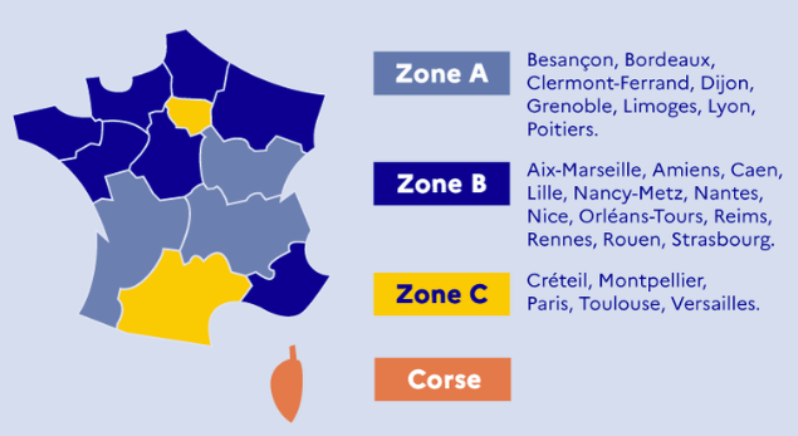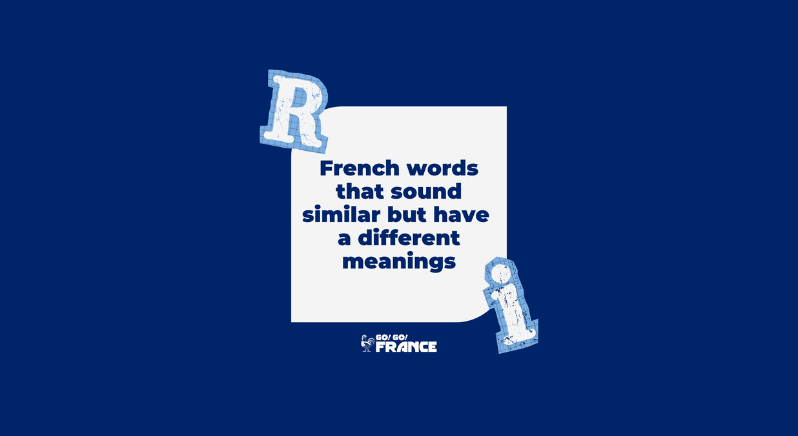Ascension Day, or “l’Ascension” in France, is a vibrant celebration that transcends its traditional religious origins, embracing a broader cultural significance. For international students, this day provides a profound opportunity to engage with the French community and experience the country’s rich cultural fabric firsthand.
The Cultural Significance of Ascension Day
Ascension Day is a public holiday in France, allowing the community to engage in various festivities. The day is rooted in Christian tradition and is marked by special church services that include singing hymns and reading scriptures about Christ’s ascension.
While primarily marking a key event in Christian belief, the day has evolved to become a symbol of the spring season and renewal. Cultural events on this day reflect the French appreciation for art, history, and the onset of warmer days, making it a multifaceted celebration.

Community and Solidarity
Ascension Day is a testament to the strong sense of community and solidarity among the French. Towns and cities across the country come alive with festivals, parades, and communal gatherings that welcome everyone. For students, participating in these events can be an invaluable way to connect with local traditions and build lasting relationships within the community.
What to Expect on Ascension Day
On Ascension Day, students can expect a diverse array of activities that cater to all interests:
- Local Festivals and Parades: Many towns host vibrant festivals featuring music, dance, and regional crafts. Parades might include historical reenactments or thematic floats that showcase local culture and creativity.
- Culinary Delights: Ascension Day is an excellent opportunity for gastronomic exploration. Seasonal dishes and special pastries are abundant, with many communities organizing food fairs or outdoor picnics.
- Artistic Workshops: Cultural centers and museums may offer workshops that range from painting and sculpture to photography and film, reflecting the artistic heritage of France.

Enjoy a Long Weekend Exploring
Since Ascension Day often falls on a Thursday or Friday, it often leads to a long weekend, giving students a chance to explore beyond their usual surroundings. This extended break is a perfect opportunity for deeper engagement with France’s vast cultural and natural landscapes. Whether it’s visiting iconic historical landmarks like the Château de Versailles, taking a scenic hike in the beautiful regions such as the Alps or the Pyrenees, or simply relaxing in a local park like the Jardin du Luxembourg in Paris, there’s no shortage of activities to fill the days.
The long weekend also allows for visits to lesser-known villages and vineyards, where one can experience the rustic charm and the rich culinary heritage of France. Students can take advantage of the well-connected French transport system to travel to places like the lavender fields of Provence or the rugged coastlines of Brittany. Additionally, the extra days off provide a great chance to participate in local events or festivals that may be taking place, offering a glimpse into the local lifestyle and traditions.
Time to Pause and Reflect
Ascension Day offers a moment to pause and reflect—a practice deeply ingrained in French culture. Whether it’s journaling about your experiences, sharing stories with friends back home, or simply taking a moment to ponder in a beautiful setting, reflection can significantly enhance your educational journey in France.

Celebrate Ascension Dat in France
Ascension Day in France transcends its religious roots to offer a rich tapestry of cultural celebrations. For international students, it provides a chance to dive into local traditions, enjoy seasonal foods, participate in artistic endeavours, and explore France’s scenic beauty. This special day encourages not only exploring the external world but also reflecting internally on personal growth and experiences. Embracing this holiday allows students to not only witness but also actively participate in the vibrant life and customs of France, enhancing their educational experience and providing memories that last a lifetime.











